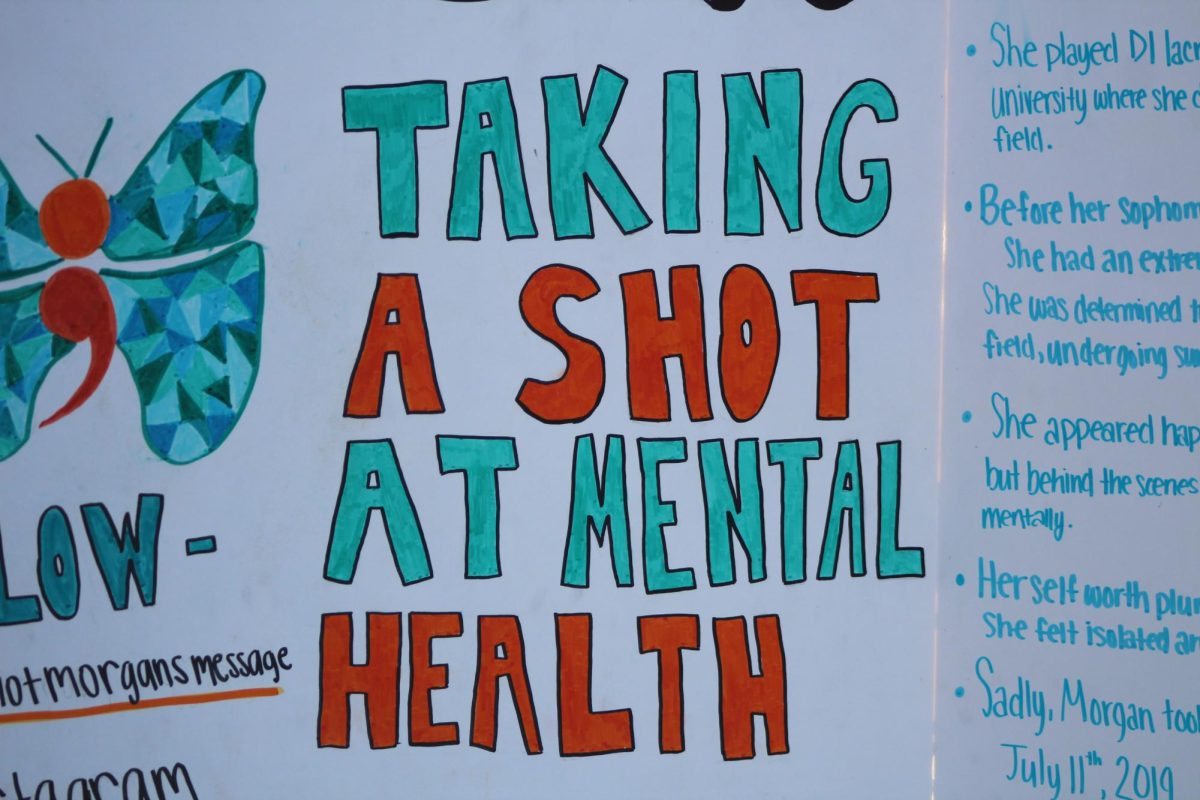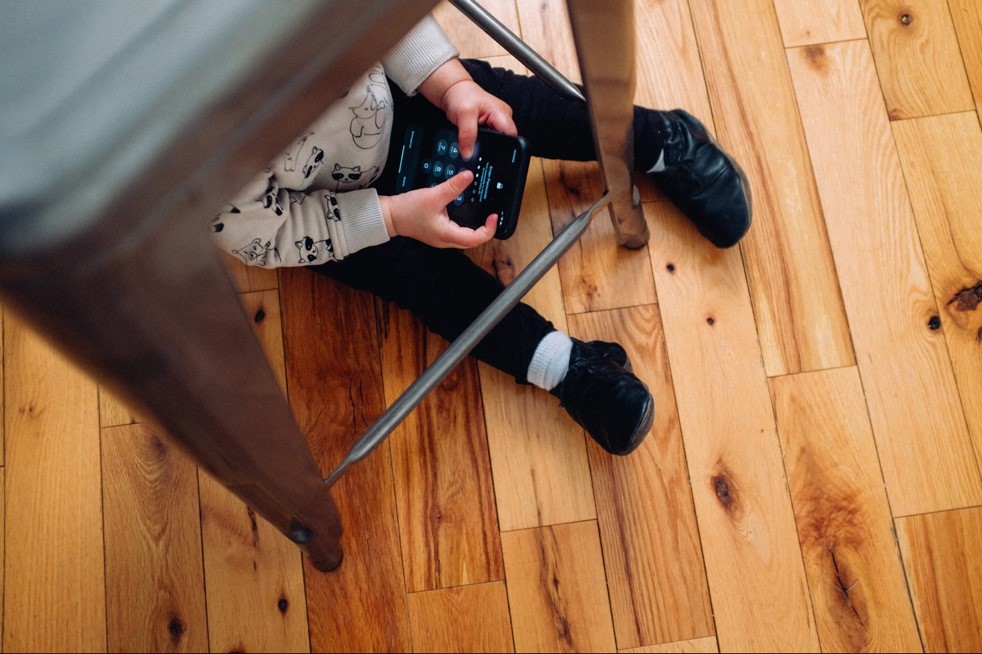With the growing concern for student athletes’ mental health, schools should be implementing more programs to make sure athletes are performing at peak level. Based on a study done by the JED and patterned with Fluent Research, they found that students in high school did not feel that they were getting the resources needed to deal with their mental health. “…students felt that their peers did not know how to cope with stress, where to seek help for mental health issues, or even the signs of suicidal ideation.” Students did not have resources in the start to identify the signs of mental health struggles. The study included over 1,000 high school students as well as under 500 administrators. With that many students involved in the survey who knows how many could be struggling without sharing their thoughts.
With some students not knowing that they are struggling with mental health problems, schools should try and provide resources to reveal causes for anxiety, depression, etc. The ACSM stated some of the triggers that set off athletes’ anxiety. “These triggers include missed classes due to off-campus sports competitions, being away from home for the first time, social isolation from students other than their teammates and adapting to constant visibility within their campus and communities.” The study also showed “Approximately 30% of women and 25% of men who are student-athletes report having anxiety, and only 10% of all college athletes with known mental health conditions seek care from a mental health professional”.
While not all schools provide enough resources some are making efforts to help their athletes. At UCONN. They provide students with a program called SHaW which stands for Student Health and Wellness it “offers students access to a personalized approach that promotes wellbeing and meets their mental health needs by offering rapid access to solution-focused, student centered treatment using interventions with proven outcomes to meet the diverse needs of our students throughout their college experience.”
According to a 2020 survey on student-athletes’ well-being by the NCAA, “one in 12 college athletes reported feeling so depressed that it was difficult for them to function either “constantly” or “most every day.” In relation to that, a study done by Health Minds Study showed “more than 60 percent of students during the 2020–2021 school year met the criteria for one or more mental health problems, such as major depression and anxiety disorder.” This shows how for an athlete to perform to their maximum effort, there must be support in place for them. An example would be providing on-site mental health experts to check in with the athletes to discuss what warning signs are of depression and anxiety. In the case of some athletes, they show no signs of being depressed or anxious but rather feel that they will not be heard if they go to someone. With an athlete not performing at their best, they can feel anxious or not have high confidence, which can lead to them not doing their best in school or during a game.











